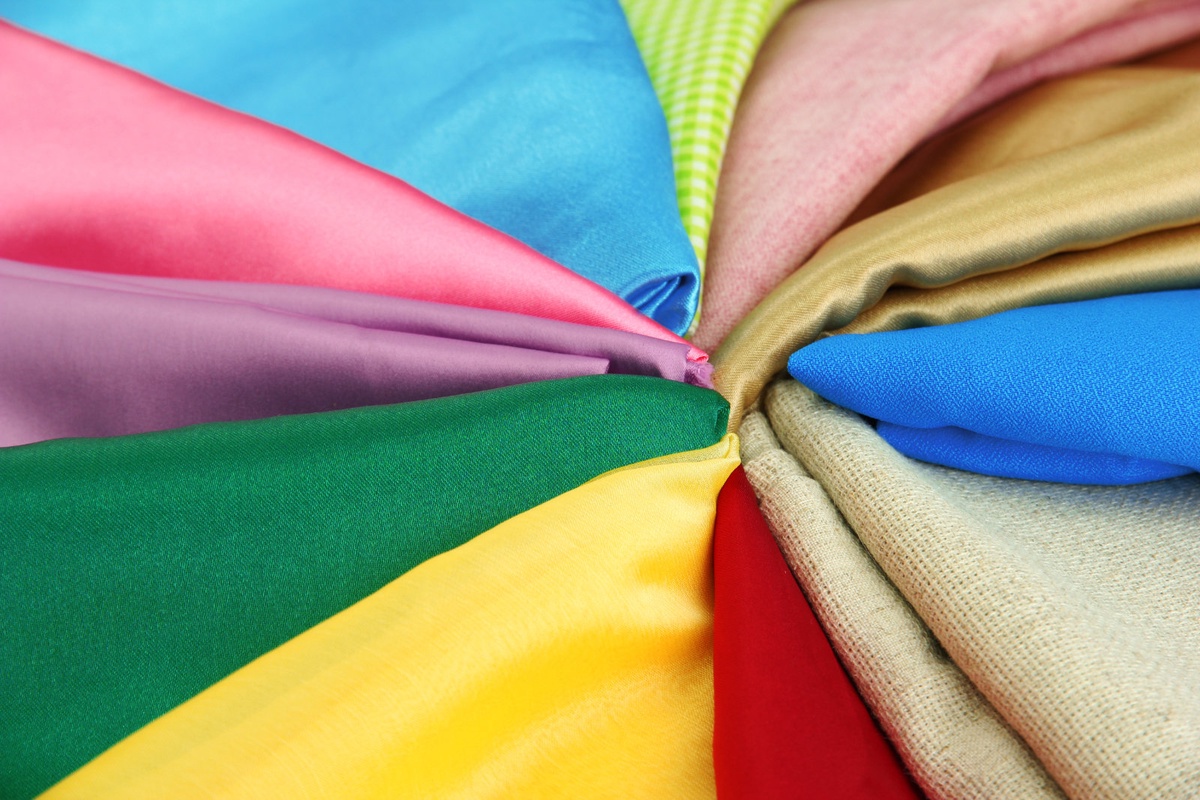In the realm of embroidery digitizing, where every stitch counts, the choice of fabric plays a pivotal role in determining the outcome of the embroidered logo. Whether it's a delicate silk scarf, a sturdy denim jacket, or a stretchy athletic shirt, each fabric type presents its own set of challenges and considerations for digitizing logos. In this article, we delve into why fabric selection matters significantly in logo digitizing and how it impacts the final result.
Understanding Fabric Characteristics
The first step in successful logo digitizing is understanding the characteristics of the fabric being embroidered. Different fabrics possess varying textures, thicknesses, stretchabilities, and stability levels, all of which influence how the embroidered design will appear on the surface. For instance, a dense fabric like canvas will accommodate heavier, more intricate designs, while a lightweight fabric like chiffon may require finer details and delicate stitching.
Impact on Stitch Density and Type
Fabric selection directly affects the stitch density and type used in logo digitizing. Thicker fabrics may necessitate fewer stitches to prevent puckering or distortion, whereas thinner fabrics may require denser stitching for better coverage and durability. Moreover, certain fabrics like knits or stretchy materials demand specialized stitches such as zigzag or running stitches to accommodate their elasticity and prevent thread breakage.
Consideration of Fabric Grain and Stretch
Another crucial aspect to consider is the grain and stretch of the fabric. Grain refers to the direction of the fabric threads, which can affect the placement and alignment of the embroidered logo. Stretchy fabrics like spandex or Lycra require careful handling to prevent distortion during embroidery. Digitizing logos on stretch fabrics often involves adjustments to the design to ensure proper stretching and recovery without compromising the integrity of the logo.
Color and Texture Compatibility
Fabric color and texture also influence logo digitizing for embroidery decisions. Lighter fabrics may require backing or stabilizers to prevent the underlying material from showing through the embroidery, especially for dark-colored designs. Additionally, textured fabrics like tweed or corduroy may pose challenges in achieving smooth, uniform stitching, necessitating adjustments in digitizing techniques to accommodate the fabric's texture and maintain the integrity of the logo design.
Impact on Machine Settings and Needle Selection
Different fabrics require varying machine settings and needle types for optimal embroidery results. Thick, dense fabrics may require slower machine speeds and heavier-duty needles to penetrate the material effectively, while delicate fabrics like silk or organza demand finer needles and higher machine speeds to prevent damage. Proper adjustment of machine settings and needle selection is crucial in ensuring clean, precise embroidery without causing fabric puckering or thread breaks.
Conclusion
In Embroidery logo digitizing, fabric selection is more than just a matter of aesthetics—it's a fundamental consideration that directly impacts the quality and durability of the embroidered logo. By understanding the unique characteristics of each fabric type and making informed decisions regarding stitch density, type, grain, stretch, color, texture, and machine settings, digitizers can achieve flawless results that enhance the overall appeal of the finished product. Ultimately, attention to detail in fabric selection can make all the difference in transforming a simple logo into a professional, eye-catching embroidery masterpiece.


No comments yet